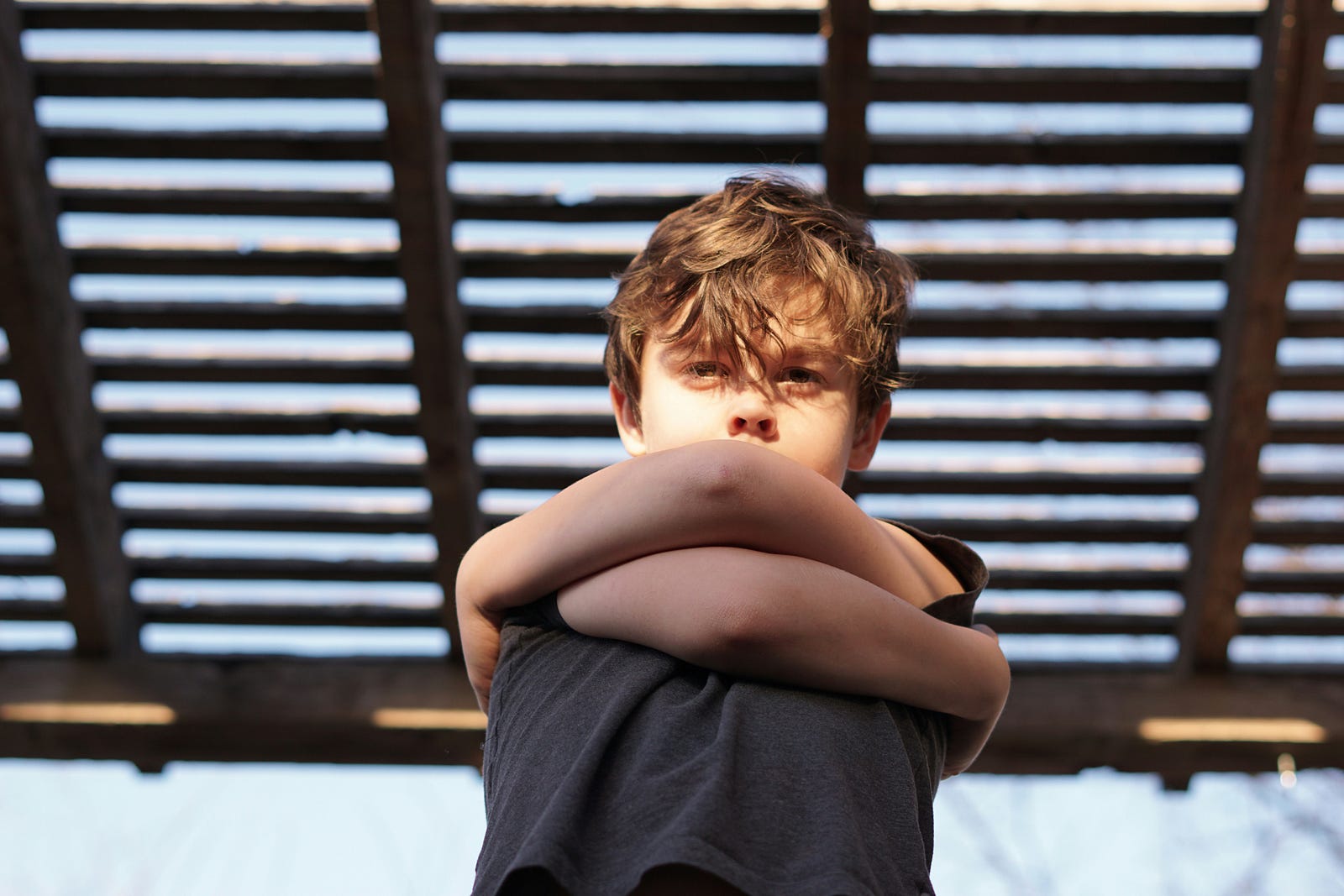And how to facilitate healing You’ve probably heard it 1,000 times. You have to love yourself first. Low self-worth is holding you back. It would help if on your self-esteem. When I shared my struggles and concerns with therapists, counselors, and coaches I would hear some version of these statements….
Tag: self love
KEW Episode 64: The Forest for the Trees
I’m using the Forest for the Trees metaphor to suggest that humans have become exceptionally myopic. The only reason I know what myopic means is because after defending my Master’s Thesis a professor proclaimed that I was very myopic – meaning I had a terribly narrow view of the question…
KEW Curiosity Interview Series 5: Dana Humphrey
I hope you are enjoying this interview series as much as I am. Dana reached out to me because talking about curiosity sounded interesting to her. And she has some new and interesting points to make about the importance of curiosity in our lives. It’s so much fun to listen…
Preview KEW Curiosity Interview Series 5: Dana Humphrey
Dana Humphrey (www.danahumphrey.com) can help you transform from being codependent to being independent. Already a successful entrepreneur, Dana has shifted to coaching others to live their best lives by realizing their self worth and focusing on loving ourselves more. She’s an amazing woman and shares with us a simple approach…
KEW Curiosity Series Interview 3: DJ Doran
I met DJ Doran when he reached out to interview me about my podcast. We hit it off rather quickly, and of course I had to have him on to discuss Curiosity. In fact, the whole Curiosity interview series was inspired by DJ! See, DJ told me my podcast made…
FLASHBACK! KEW Episode 8: Goals and Accolades
And a little bit about the meaning of life . . . . Many of us could use a little more self esteem. Yet we continually look for esteem outside ourselves in the external environment. For me, it was attention from the opposite sex. Or getting hired by a good…
Episode 8: Goals, Accolades, and the Meaning of Life?
I struggle with getting praise for my accomplishments. Earning money, having a ‘good job’, winning trophies, making people like you, achieving, getting good grades – so much of life is tied to ‘chasing carrots’ to earn accolades. In my youth my accolades were mostly self-realized. I was such a loner…

